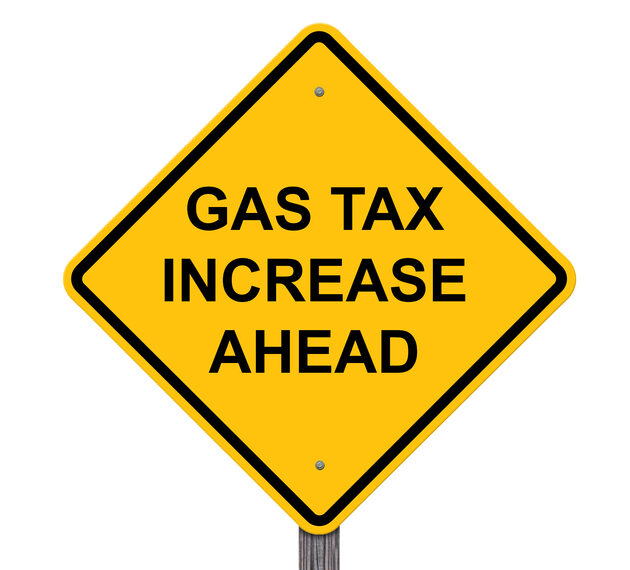Only in government can bad ideas breathe new life
The Environment Committee is meeting Friday (March 24) to vote on a bill that would allow the Department of Energy and Environmental Protection (DEEP) to implement a Transportation and Climate Initiative (TCI) gas tax scheme without legislative approval.
If passed, the bill grants DEEP’s commissioner — an unelected bureaucrat — the authority to adopt regulations to reduce greenhouse gas emission levels. With a stroke of a pen, this individual will be able to make deals with other states and Canadian provinces on emissions programs, as well as increasing the cost of energy by implementing “market-based compliance mechanisms.”
A market-based mechanism is a euphemism for a gas tax, cap-and-trade or cap-and-invest. These types of emissions programs that DEEP would impose on Connecticut are regressive and would disproportionately impact low- and middle-income working families and seniors on fixed incomes.
DEEP Commissioner Katy Dykes noted in her public testimony that she wants the authority to be “able to adopt and promulgate regulations for programs that we believe are necessary to ensure we are able to meet” the states greenhouse emissions goals.
Peter Brennan of Executive Director of New England Convenience Store and Energy Marketers Association told the committee that the bill is a “power grab by DEEP” and that anything they do with this new power will “raise costs on consumers” without legislative approval. Conversely, Environmental Justice (EJ) activists don’t think the bill goes far enough, encouraging lawmakers to include a provision for citizen enforcement of the Global Warming Solutions Act.
Passed in 2008, the Global Warming Solutions Act requires Connecticut to reduce its total greenhouse gas emissions to at least 80 percent below 2001 levels by 2050. The provision would allow residents to take state agencies to court if they are not meeting their obligations.
TCI was originally a pact between 12 states in the Northeast and the District of Columbia that would have placed a cap on emissions for gasoline producers and distributors, requiring them to purchase carbon allowances. However, when the final memorandum of understanding was released in 2020 only Rhode Island, Massachusetts, Washington D.C. and Connecticut signed on. The tax was estimated to cost Connecticut drivers upwards of 17 cents per gallon of gasoline or one billion dollars over 10 years.
Yankee Institute worked for over a year warning the public that if TCI passed, it would have impacted motorists in the state who were already paying the highest gas tax. The bill was eventually defeated in 2021.
While lawmakers and activists debate gas taxes and carbon emissions, Connecticut residents are suffering from the fifth highest energy costs in the country and that is before Eversource and United Illuminating’s nearly 50 percent price increase, which went into effect in January.


Len SUZIO
April 11, 2023 @ 11:37 pm
the far more insidious aspect of tci that far outweighs the pennies per gallon tax is the imposition of quotas (by virtue of limited carbon credits) that, in the 2020 version would have reduced the volume of motor fuel available for sale in connecticut by a half billion gallons annually when fully implemented. Connecticut consumes about 1.5 billion gallons annually. since gas demand is relatively inelastic the reduction of the supply by one third will have a far greater impact on gas prices. i calculated at one time that the price of gas would likely reach $7.50 a gallon or so before demand would be reduced to match the artificially limited supply,
can you imagine $7.50/gallon gas in ct?